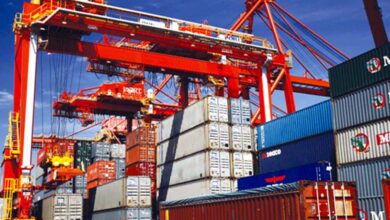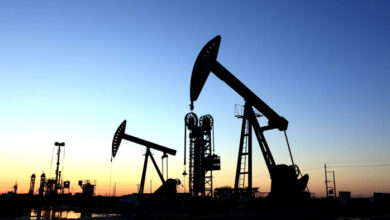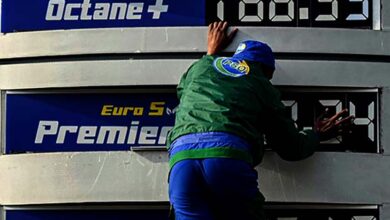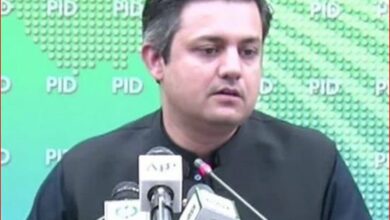The ECB is attempting to balance rising inflation with the threat of conflict
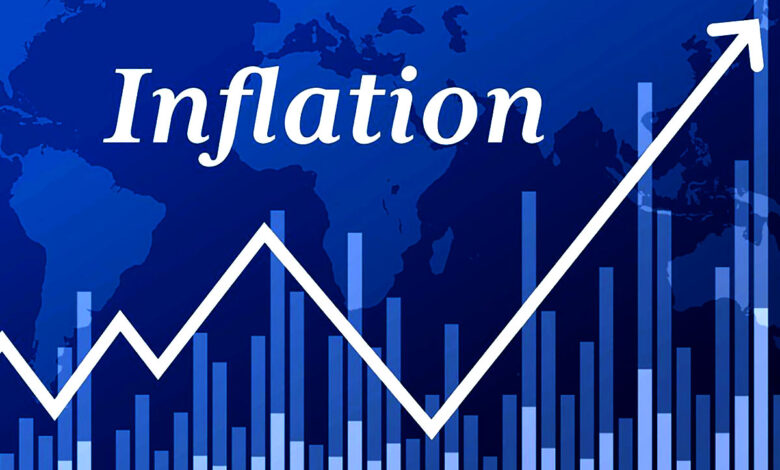
Economic expectations have been thrown off by Russia’s invasion of Ukraine. The European Central Bank is expected to make few policy promises on Thursday, as policymakers have to deal with new realities after Russia’s attack.
During the meeting on Feb. 24, officials were expected to signal the end of years of money printing stimulus and set the stage for a rise in interest rates later this year. Before Moscow’s attack, inflation was already at a record high in the eurozone.
In fact, the conflict has broken up that consensus, so the ECB’s 25-member Council will meet split, which increases the chance of a policy surprise and the risk of a mistake.
“No one can really expect the ECB to begin normalizing monetary policy during such an unpredictable period,” ING analyst Carsten Brzeski said.
The safest course of action seems to be for the bank to reaffirm a previous decision to continue lowering bond purchases next quarter while keeping all other commitments up in the air, including an end date for the purchases and the timing of a rate rise.
“We anticipate the ECB will seek to buy time by continuing with the previously planned gradual tapering in April… while expanding the flexibility of future guidance to provide greater leeway to act once the immediate fog clears,” Societe Generale (OTC: SCGLY) economist Anatoli Annenkov said.
To do this, the ECB is likely to eliminate a requirement that rate hikes occur “shortly” after bond purchases finish. It is also likely to remove any references to a rate cut from its guidance.
Some policy hawks are expected to push the ECB to reduce stimulus and restore policy to a “neutral” level, which would allow the bank to announce the end of asset purchases in the coming months. This move would make it more likely, but not certain, that the ECB would raise interest rates in 2022.
Inflation in the eurozone’s 19 member nations might reach three times the ECB’s objective of 2% this year and is expected to stay high next year as well.
Economic growth is picking up, and the labour market is the tightest it has been in years. This should also make the European Central Bank stop its nearly decade-long experiment with unconventional stimuli.
People in the United States are going to have to pay more money for things like cars next week because the Federal Reserve says it will start raising interest rates as inflation rises.
However, the Ukraine crisis, the sanctions imposed on Russia by Western countries, and rising commodity prices will all make the case for being more cautious. This will make the case for being more cautious even stronger.
Indeed, analysts surveyed by Reuters anticipate the ECB will delay raising interest rates for the first time in almost a decade until the last months of this year. [POLL/]
The money markets think the ECB’s deposit rate will rise by 30 points in December, making it minus 0.2 percent.
In order to combat the euro zone’s then-sluggish inflation, the ECB has held its deposit rate at zero since 2014, essentially taxing banks to keep their idle cash.
STRUCTURAL CONCERNS
Even if the can is kicked down the road on Thursday, strong inflation practically forces the ECB to remove assistance. The real question is how a new global order would affect prices farther out, a time horizon more significant to the ECB.
High energy costs will slow growth and may act as a drag on inflation in the long run, as households will have less money to spend on other things and businesses will delay investments.
There’s a good chance that the European Central Bank’s inflation forecast for 2024 won’t change much from the 1.8 percent rate it predicted three months ago, though.
These projections have become more inaccurate in recent months, to the point that officials are openly doubting them, diminishing their relevance in decision-making.
The war in Ukraine ienergizexpected to energise economic forces, which might result in more price increases.
Both increased defence expenditure, as many eurozone countries have proposed, and a more rapid green transition to wean the EU off Russian gas are both expected to increase government spending and inflation.
These might also be supported by joint European Union debt issuance, with the union looking to the ECB to keep borrowing costs low.
However, because it is hard to figure out how much inflation these long-term choices will cost, the ECB will not include them in its predictions, even though policymakers are expected to talk about them during the meeting.

